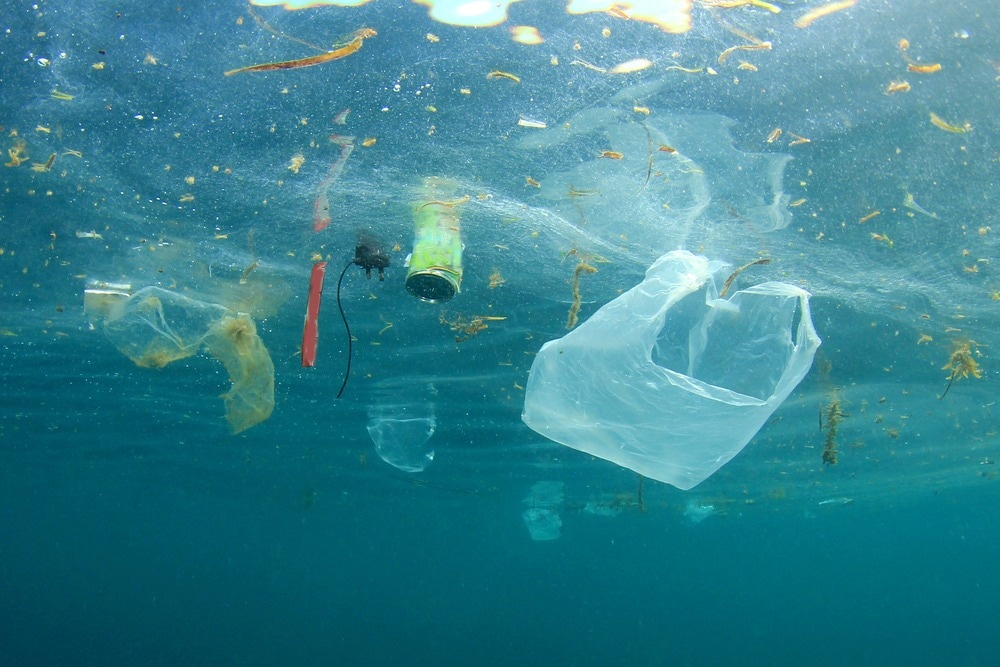A global consortium of 35 researchers is denouncing the conflicts of interest that have plagued discussions for a global plastics treaty and impeded prompt action on other health and environmental concerns. To keep the same issues from harming the UN’s upcoming Science Policy Panel on chemicals, they call for the introduction of stringent criteria. An article published as a featured study in the journal Environmental Science & Technology outlines their concerns and suggestions.

Image Credit: Rich Carey/Shutterstock.com
From Big Tobacco to Big Oil, powerful industries use the same playbook to manufacture doubt and sow misinformation. The plastic and chemical industries already have a long history of deploying these tactics to hamper regulatory efforts. Our health and that of the planet upon which we rely, can’t afford any further subversion of efforts to reduce the widespread contamination of our air and water.
Bethanie Carney Almroth, Study Co-Author and Professor, Department of Biological and Environmental Sciences, University of Gothenburg
The warning from the group comes as countries are ready to convene in Nairobi for the third UN plastic treaty negotiation conference next week. The plastic and petrochemical industries aggressively participated in the first round of negotiations in 2022 despite scientific advice to the contrary.
According to the study, industry leaders promoted false claims, such as the disproved assertion that producing plastic will aid in the fight against climate change. Nothing has been done to stop these conflicts of interest as of yet.
The experts worry that similar problems can surface when the UN Science Policy Panel on pollution, waste, and chemicals is being developed. By conducting scientific evaluations, the UN Environment Assembly resolved in 2022 to create this Panel to assist countries in safeguarding the health of their populations and ecosystems.
This study is an appeal to safeguard the Panel’s work against undue influence by businesses with a stake in revenue-generating chemicals since the working group to establish the Panel is scheduled to convene from December 11–15, 2023.
Letting polluters have a say in pollution protections is the epitome of the fox guarding the henhouse. Just like the tobacco industry was restricted from WHO’s work on smoking, the UN shouldn’t let the chemical industry’s hired guns dilute global guidelines for chemical and waste management.
Andreas Schäffer, Study Lead Author and Professor, Institute for Environmental Research, RWTH Aachen University
It would not be unprecedented for industry to participate in a UN intergovernmental science-policy body. For example, representatives from fossil fuel companies have co-authored significant studies for the Intergovernmental Panel on Climate Change, the Science Policy Panel’s climate analog.
To ensure the Science Policy Panel’s efficacy, the scientists who co-authored the study make the following critical recommendations, which should be implemented:
- Establish clear and strong conflict of interest policies
- Do not mix up the undesired conflicts of competing financial or political interests with legitimate interests or prejudices
- Set up frequent audits of the Panel’s activities to look for potential conflicts of interest
- Ensure as many transparency elements as possible
Journal Reference
Schäffer, A., et al. (2023) Conflicts of Interest in the Assessment of Chemicals, Waste, and Pollution. Environmental Science & Technology. doi:10.1021/acs.est.3c04213.